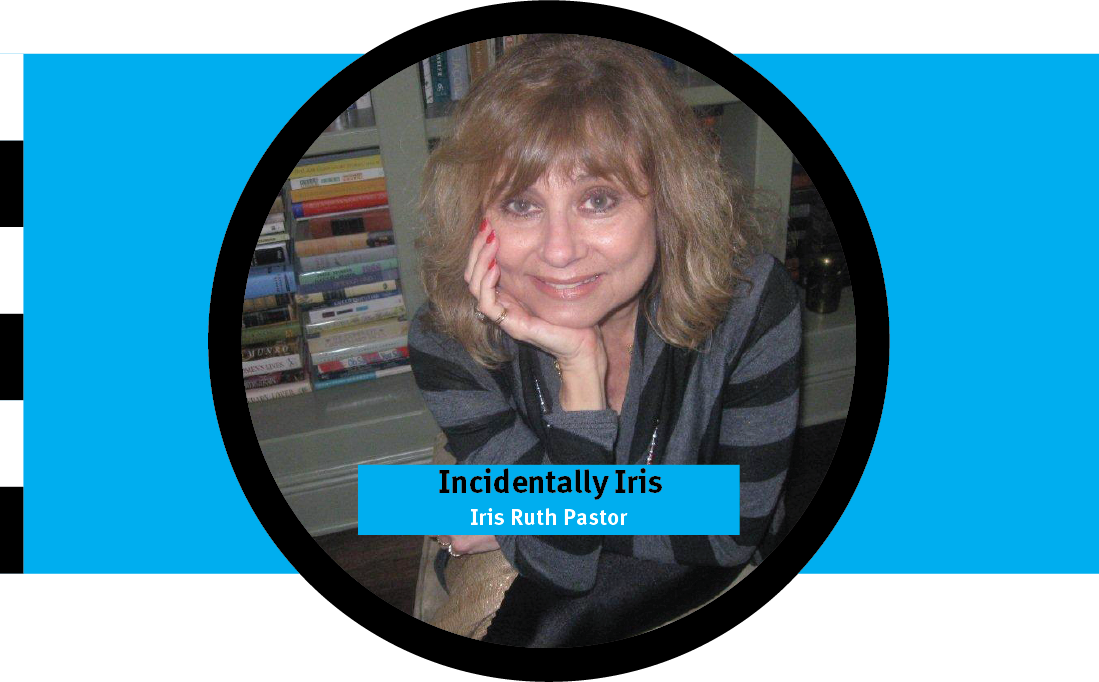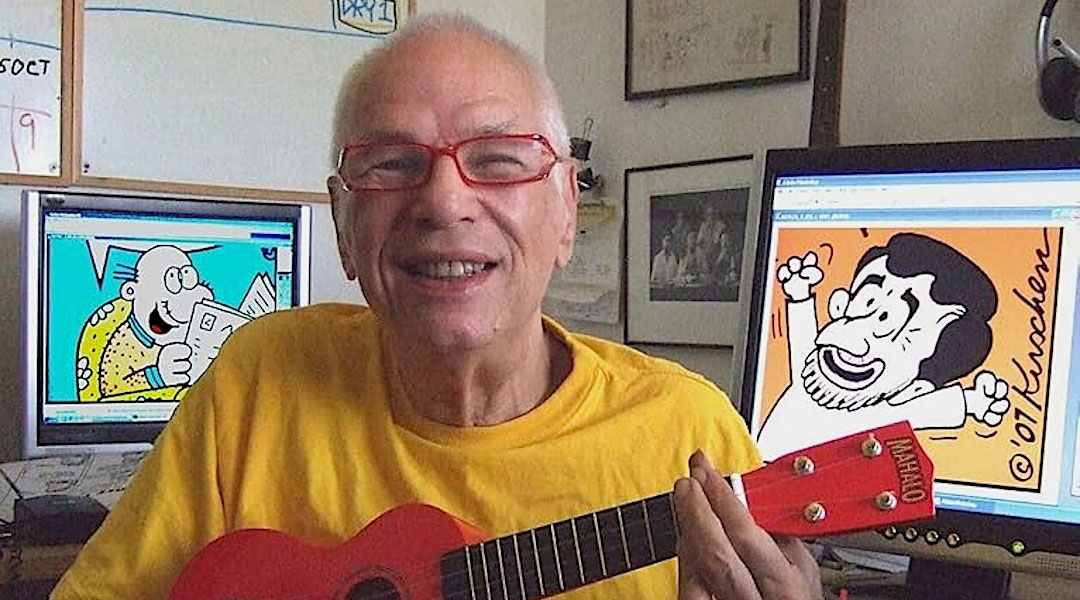My mother was an only child. When my parents married, my mom became very close to my dad’s eldest sibling and only sister. Her name was Melva — at times dubiously called “Hurricane Melva” because she had a tendency to cause havoc wherever she landed.
Nevertheless, my mother adored her sister-in-law and when my beloved grandmother died, when my mom was just 27, my mother took great comfort in the knowledge that my childless aunt and uncle could provide many things a grandparent normally would provide for their grandchildren. And she was right.
When my high school boyfriend broke up with me our freshman year in college, I was bereft. My parents turned to my aunt and uncle for guidance. They suggested I apply to the University of Florida and assured my parents the university had a strong Jewish presence and that they would be close enough if I needed anything.
I applied. I was accepted and off I went to UF as a sophomore transfer student.
I met a nice Jewish frat boy from the Tampa Bay area and we started dating. Months later, we told our families that when he graduated we wanted to marry.
My mother assumed I’d come back to Ohio and get married there — as most brides in the 1960s married in their hometowns. My aunt disagreed vehemently and insisted the wedding should be in Florida.
And that’s when it all went downhill. My mother and my aunt never resolved their differences over the wedding city and bitterness and jealousy reigned supreme between them for the rest of their lives.
I did end up marrying my husband in Ohio — but not with a lavish, joyous wedding, but a quick and simple ceremony in the rabbi’s study — leaving shortly thereafter to live in Tampa. My mother never forgave me for either of those events.
My marriage lasted seven years and produced my oldest two sons — Harry and Frank. After an amiable divorce and with my ex-husband’s okay,
I then sold our family home, packed up my belongings and relocated back to my hometown. My mother was ecstatic.
My aunt, upon hearing news of my impending move from Tampa back to Cincinnati, played it low-key.
“I am sad for me,” she quietly stated, “but this is obviously something you want, so I am happy for you.”
I visited Tampa often in the years following. The first time I visited after relocating, I realized that my aunt’s family room area looked different, but I couldn’t quite figure out why.
I asked her.
“Oh,” she remarked both carefully and casually, “after you left, I took the table leaves out of the dining table and stored them in the garage. I don’t much need an expanded dining table — not really hosting family Shabbat get-togethers anymore.”
I didn’t pursue it.
Fast forward to 2021. My parents and my aunt and uncle have passed away. I have since remarried and have had three more sons and — ironically — moved back to the Tampa area.
Like my aunt, I have no daughters, but my sister does and one of them got married and moved to Tampa.
Within just a few weeks of her relocating here, I noticed that every other week or so, I was schlepping the leaves of my dining table in and out of the garage. I decided it was just easier to leave them in place to accommodate the frequent visits from my niece and her husband. It proved to be a very logical move because in no time they had a child.
Unlike my aunt, I am super sensitive to the fact that as much as I adore my niece, she has a mother and I always kept that in mind in my dealings with her.
At the same time, having my niece here opened up a whole new world for me. We visit local street fairs searching out unusual Judaica and she introduces me to restaurants and events I never knew existed, even though I have lived in Tampa for almost 20 years.
2024: I begin to hear some rumblings. I hoped that was all they were. But the rumblings turned to reality when my niece one day told me that she and her family were moving back to the Washington D.C. area — closer to where she had been raised and closer to her parents.
My intense emotions mirrored my aunt’s.
I know now I won’t be seeing my niece’s child on a regular basis. I know now I can take down the crib in the guest room. I know now there will be less frequent visits to Tampa from my sister and brother-in-law. I know now there will be no new sites to explore or projects to work on for my niece and me.
In spite of all that, my words to my niece echoed the ones my aunt had so carefully chosen to say to me so many years ago: “I am sad for me, but this is obviously something you want, so I am happy for you.”
And just like my aunt did so long ago, in a few weeks – when another family occupies my niece’s house, when the final goodbyes are said and their heavily loaded car heads north — I, too, will pack away the leaves from my dining room table.





